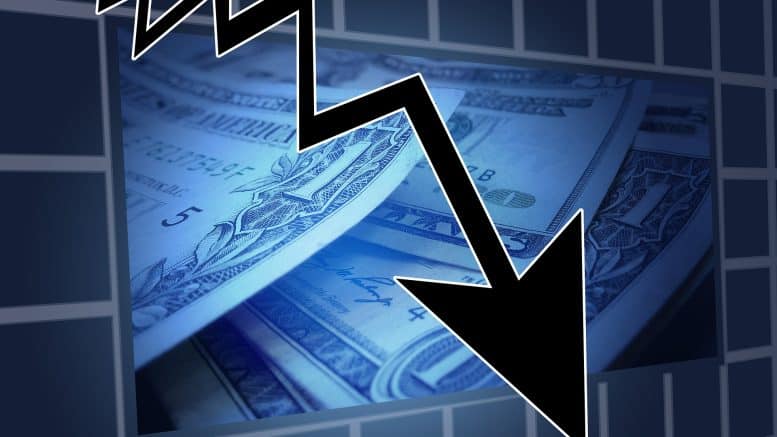Inflation has fallen to its lower level for two years, hitting 4.6% for October, a drop from 6.7% the previous month, the Office for National Statistics revealed.
The drop, driven in part by lower gas and energy prices puts the government on track to meet its target to halve inflation by the end of the year.
It was a bigger fall that the City had predicted and ione predicted by ONS chief economist Grant Fitzner as “substantial”.
Regular pay rose at an annual rate of 7.7% between July and September, faster than price rises over the same period, even though there are hints that wage rises are starting to slow in some industries. And while the unemployment rate was unchanged at 4.2%, job vacancies has continued to fall.
Mike Randall, CEO of Simply Asset Finance described this as good news for businesses as inflation stays true to predictions with a “drastic drop”. He added: “However, our research shows that supply chain and operational costs rank at the top of small business concerns. With the Autumn Statement looming, it’s important that work is done beyond tackling inflation. Proactive measures must be taken to address these other challenges, and allow businesses to focus on core priorities, such as enhancing productivity or investing in technology to optimise their efficiency.”
Jake Finney, an economist at PwC UK, said it suggested that the labour market is “gradually cooling, not collapsing” and he expected the Bank to keep interest rates unchanged at its next meeting in December, as it waits to see the impact of higher interest rates on the economy.
predictions of sustained price reductions in 2024 are looking increasingly shaky in light of nervousness on wholesale markets
Kevin Pratt, business expert at Forbes Advisor, said it was “welcome news. But let’s not get carried away – prices are still rising at more than twice the government’s long-term 2% target, and business are still being battered by high input costs, rising wage bills and staff shortages in many sectors. The economy flat-lined in the quarter to September, and the threat of recession remains a real and present danger.
“The government will greedily take the credit for halving inflation this year, from more than 10% in January. It never took an ounce of blame for it reaching those heights, of course, but that’s politics, and any government would do the same.
“But the important point is that we avoid complacency. The febrile state of geopolitics means oil prices are a tinder box – problems in supply could rapidly pull the rug from under any UK economic recovery.
“Let’s not forget that a major reason for the drop in October’s inflation reading was last year’s huge spike in domestic energy bills falling out of the calculation. Businesses don’t benefit from any reductions in the price cap because it doesn’t apply to them, and firms stuck with expensive contracts will be ardently hoping that they can enjoy lower bills in due course. But predictions of sustained price reductions in 2024 are looking increasingly shaky in light of nervousness on wholesale markets.
“This time next week the Chancellor will deliver his Autumn Statement. He needs to acknowledge the continuing woes across UK plc and take further steps to help businesses recover further. That means measures such as business rates reform, targeted VAT relief and tax incentives for investment, both for individuals and for businesses themselves. Amid the celebrations, it remains important to focus on core issues affecting the wellbeing of the economy as a whole.”





